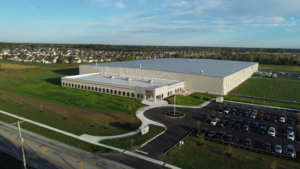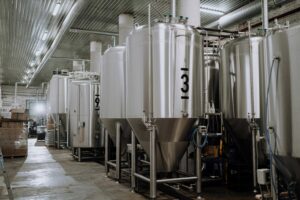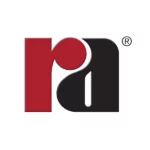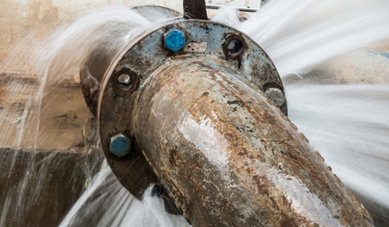Corrosion can occur when an alloy is exposed to moisture and other elements or chemicals which cause the material to deteriorate. Rolled Alloys has put together a list of tips to help you avoid corrosion.
- Choose Stainless Steel: Although all metals can corrode, stainless steels are more resistant to corrosion than other alloys.
- Know your environment: If you don’t know the conditions (acidity, temperatures, loads, other service needs), the wrong alloy can be selected and corrosion be severe. Example: a typical rule of thumb is that corrosion rates double for every ten degree (centigrade) increase in temperature, for a given concentration of an acid.
- Avoid crevice corrosion: Welding and the use of gaskets and proper drainage can reduce access to the crevice.
- Make sure metal surface stays clean and dry: A routine cleaning schedule will reduce the chance of build up where crevices start.
- For applications in or near salt water, stainless steel will corrode in the presence of salts (chlorides). Using a more resistant alloy, like ZERON® 100 or AL-6XN® will provide better protection.
We have an extensive inventory of corrosion resistant alloys. To learn more about them, click here for our duplex stainless steels or click here for our conventional stainless steels.
If you have technical questions, please contact Rolled Alloys Metallurgical Services at 1-800-521-0332. You can also submit questions and requests through our website below!

Trade Shows
Come talk to a Rolled Alloys representative in person about your project. You can find us at these trade shows.

March Mania 2025
Every Online Order in March is a Chance to Win One of 8 Great Prizes!
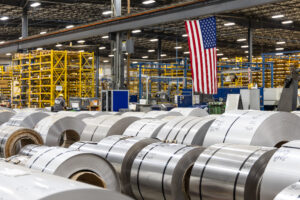
Instant Pricing on Nickel, Stainless Steel, Duplex, and Titanium
Get real-time pricing and availability for nickel, stainless steel, duplex, and titanium—all in one place.
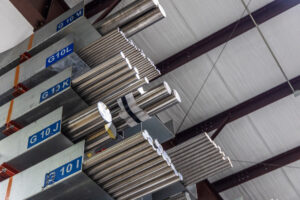
New and Expanded Stock for 2025
New Titanium, Stainless, Nickel and Cobalt in Stock Now – CP Ti Grade 2, 635, 718 and More!
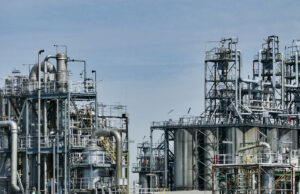
History and Uses of Alloy 800
Discover the evolution of Alloy 800, from its origins during the 1950s to modern derivatives like Alloy 800H/800HT. Learn about its high-temperature strength, petrochemical applications, and commercial availability today.
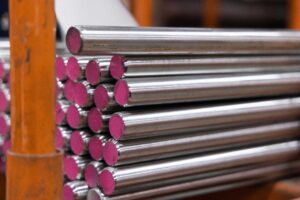
New Bar Stock Available
New Round and Flat Bar Products in Stock at Rolled Alloys


